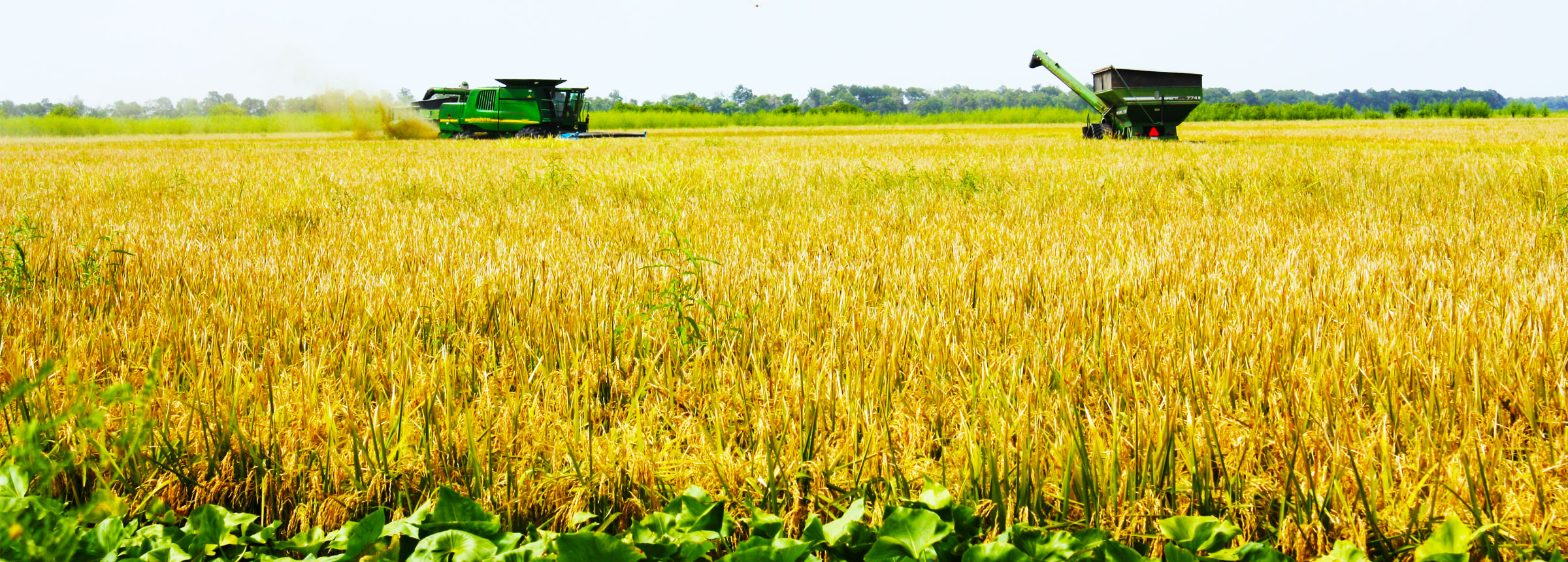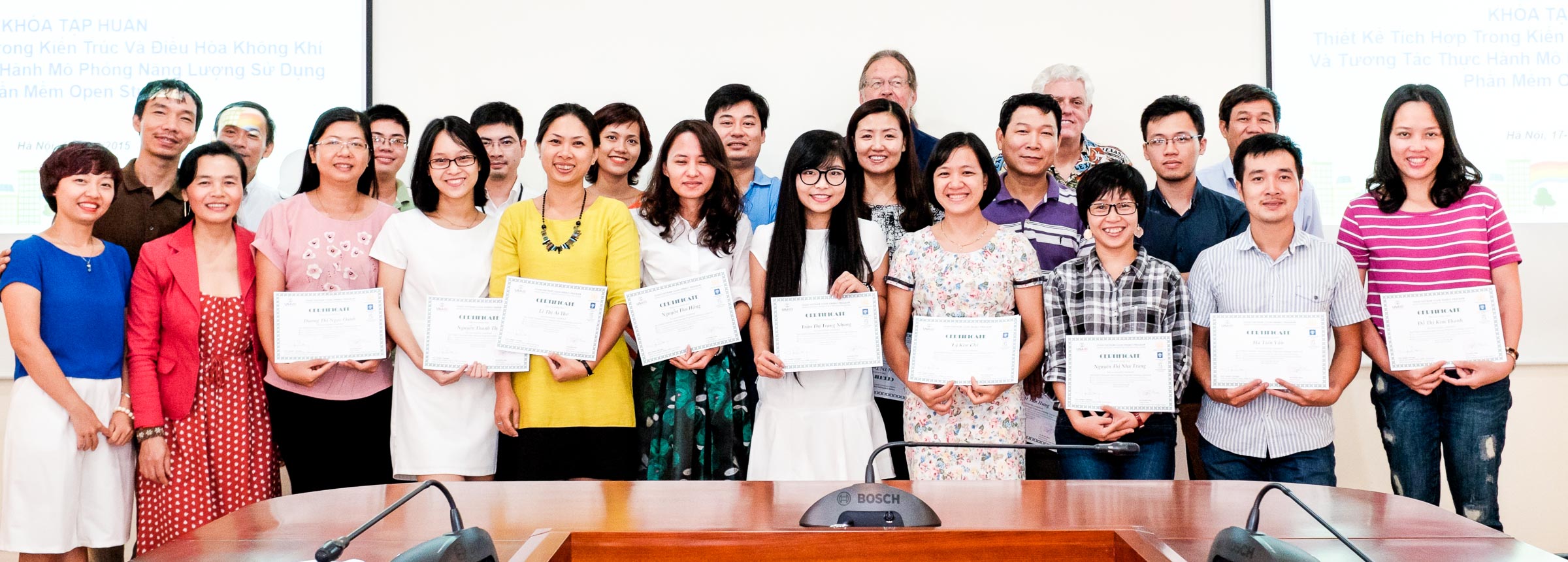Projects

Colombia Clean Energy Program
The vast majority of Colombia’s citizens are connected to the power grid and receive electricity from low-emissions sources like hydropower and natural gas. That’s a good thing. Unfortunately, many people in rural areas have no access to electricity or have to rely on dirty and expensive diesel generators. This program helps expand renewable energy and […]
Gasification-Based Electrification for Rural Livelihoods
Nepal’s rural poor urgently need clean and reliable electricity. This pilot project examines the potential of electrification through biomass gasification technology. The results of the effort are expected to help inform government policies to utilize the technology to deliver electricity to rural communities across Nepal.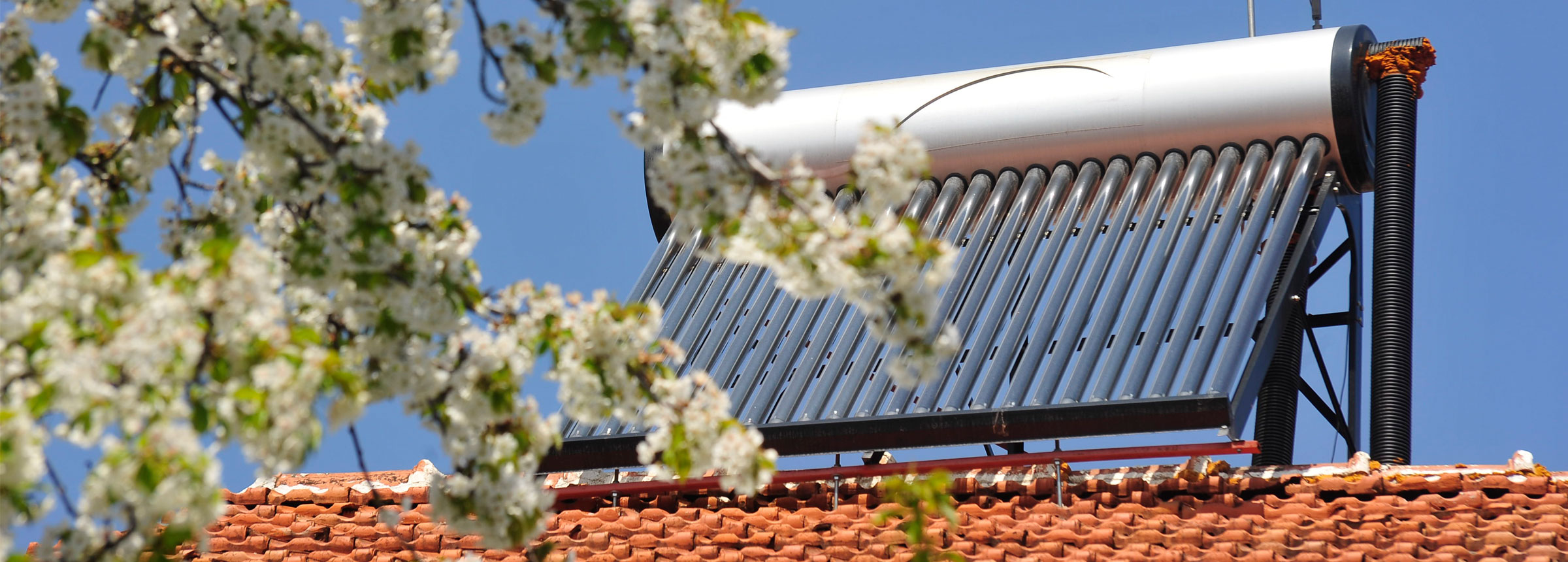
Macedonia EC-LEDS
Inefficient and outdated technology have made Macedonia one of the most energy-intensive economies in Europe. This program helps the country establish the necessary legal and investment frameworks to encourage implementation of renewable energy technologies and adoption of low emissions development strategies.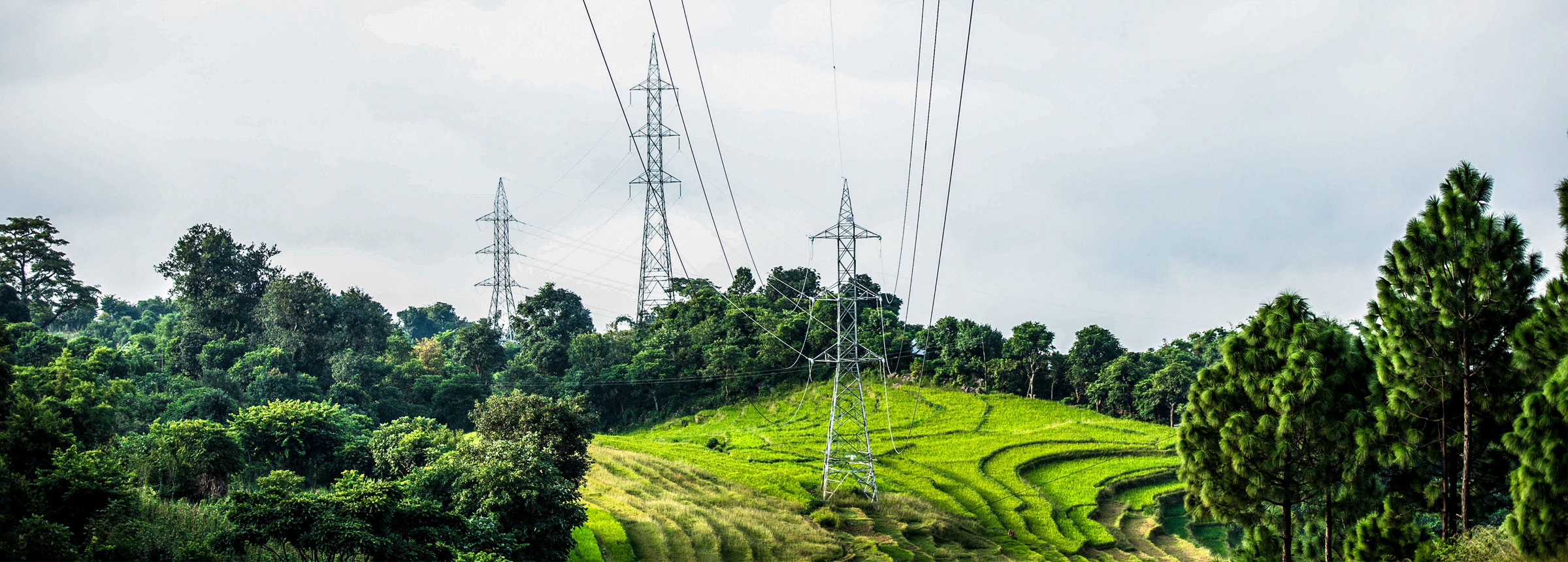
ADB Senior Access to Energy Expert
Millions of people in Nepal have no access to electricity and rely on firewood, kerosene and cow dung for their lighting and cooking needs. The resulting conditions harm human health, damage the environment and make economic development more challenging. Winrock’s expertise in clean energy makes the many benefits of reliable energy access available throughout Nepal.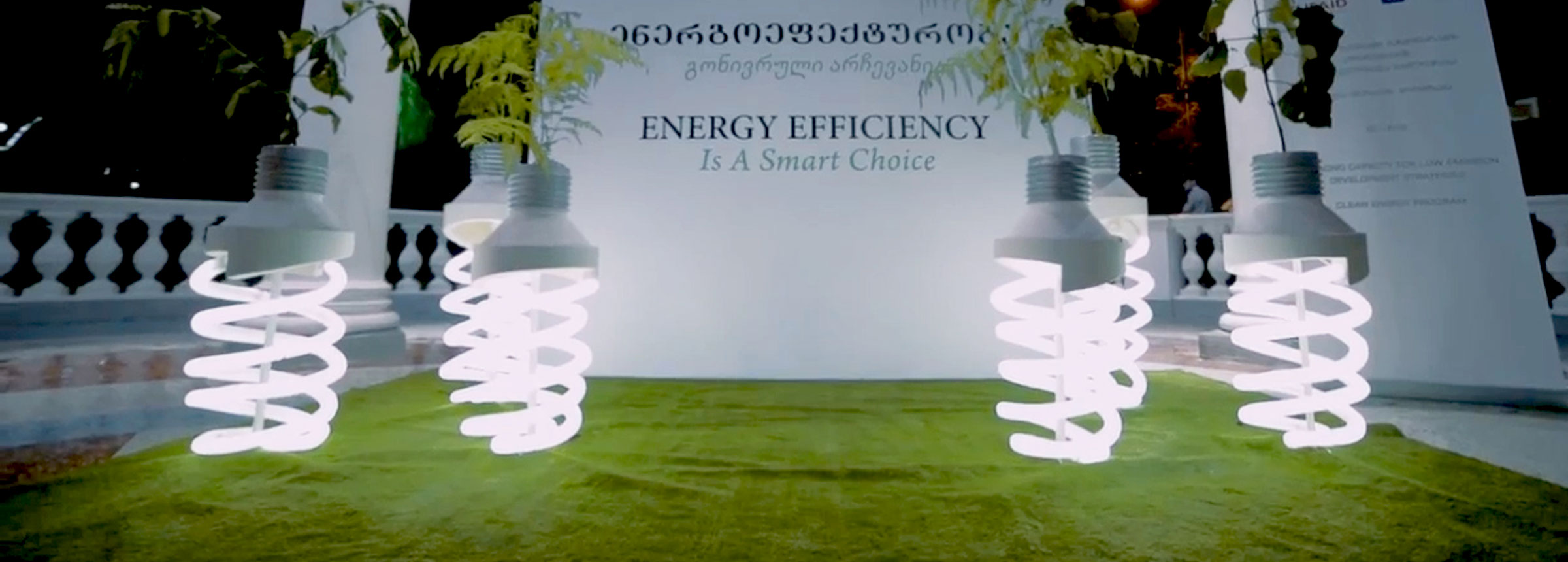
Enhancing Capacity for Low Emission Development Strategies (EC-LEDS)
As Georgia’s economy and industries grow, so too do the country’s projected greenhouse gas emissions. This is exacerbated by Georgia’s outdated and inefficient lighting, heating and energy systems. This program works with the national government, municipalities, businesses and others to develop and implement a national low emission development strategy. Among the tools being developed are […]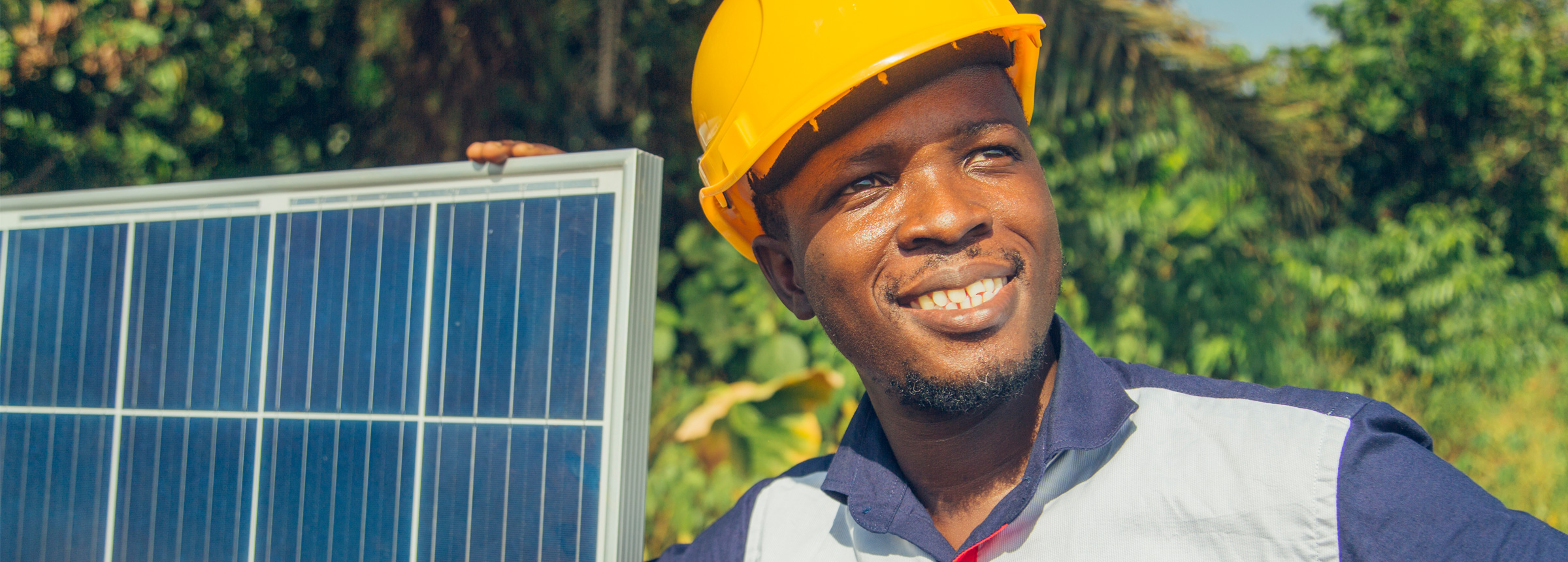
Renewable Energy and Energy Efficiency Project (REEEP)
Even though Nigeria is Africa’s largest exporter of crude oil and has some of the world’s largest natural gas reserves, over half of the country’s population lives in the dark. Access to energy and the many health and economic benefits it brings is particularly elusive in rural areas. This project aims to make clean energy […]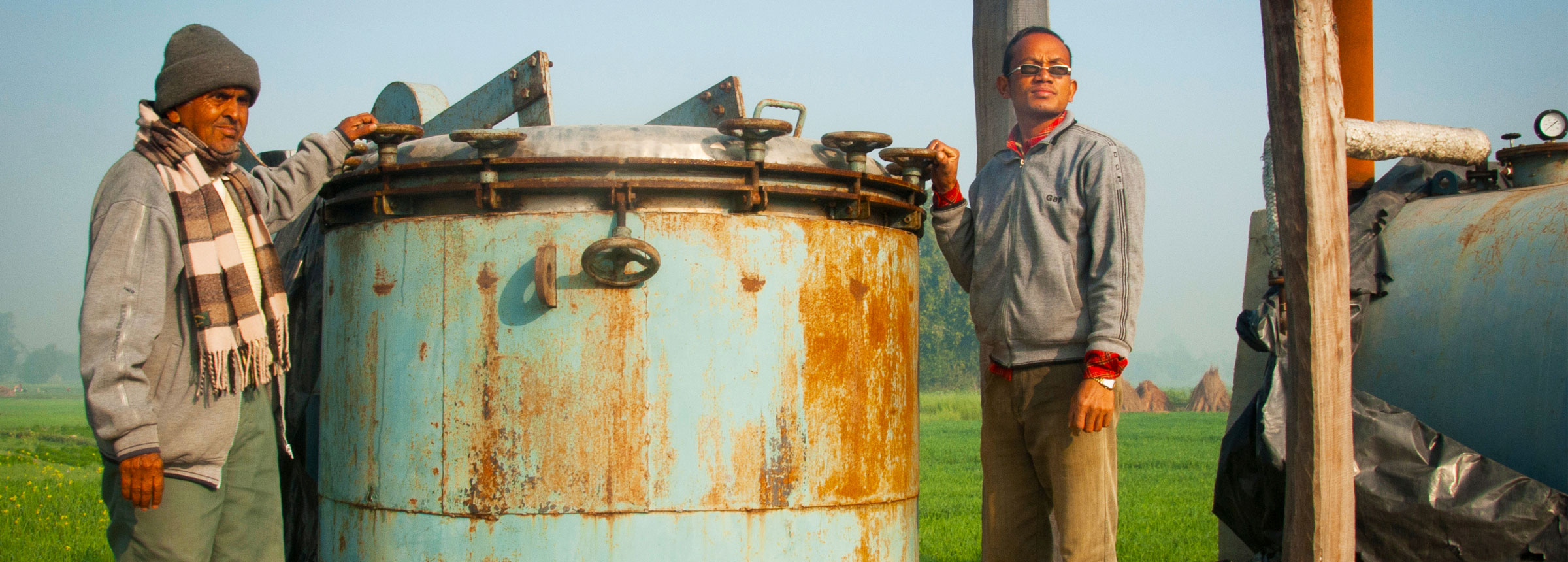
Clean Start
Millions of people in Nepal have no access to electricity and rely on firewood, kerosene and cow dung for their lighting and cooking needs. The resulting conditions harm human health, are damaging to the environment and make economic development more challenging. To address this, Winrock is working with Ace Development Bank and local financial institutions, […]
Enhancing Capacity to Reduce GHG Emissions from Peatlands and Palm Oil Production within a Jurisdictional Framework
The demand for palm oil has provided vital economic opportunities to many Indonesians. At the same time, the conversion of forests and drainage of peatland to create palm oil plantations is a leading source of Indonesia’s greenhouse gas emissions. Winrock has designed two scalable and replicable pilot projects that demonstrate the feasibility of improving the […]